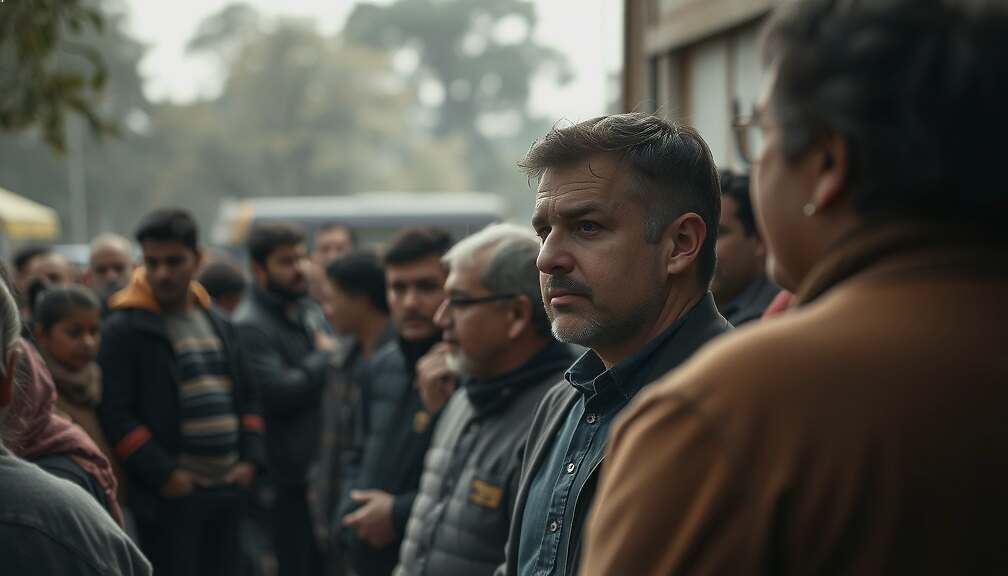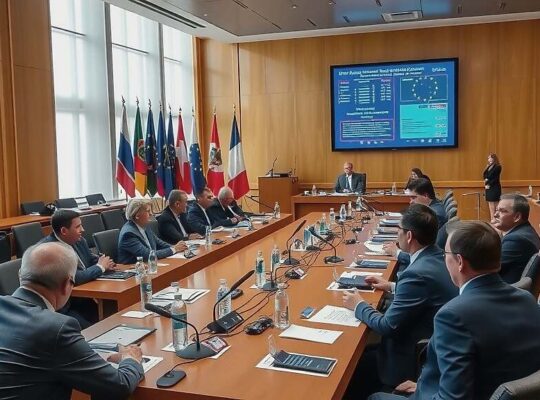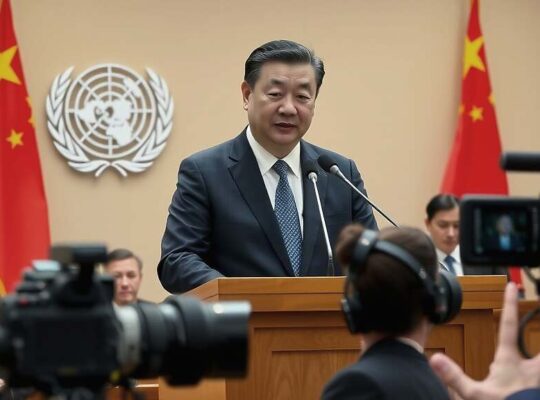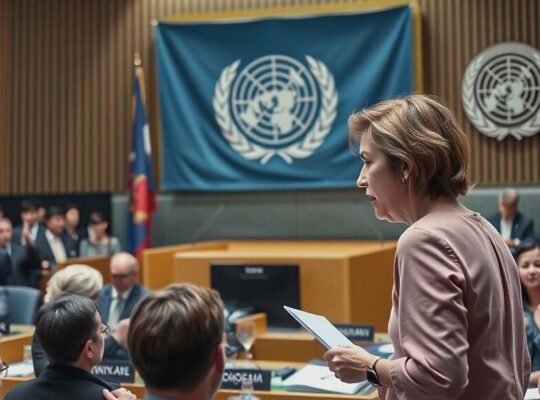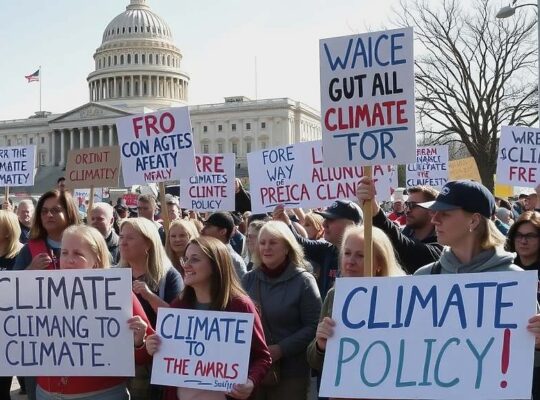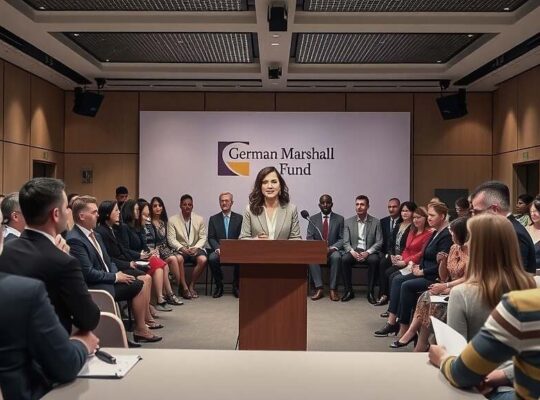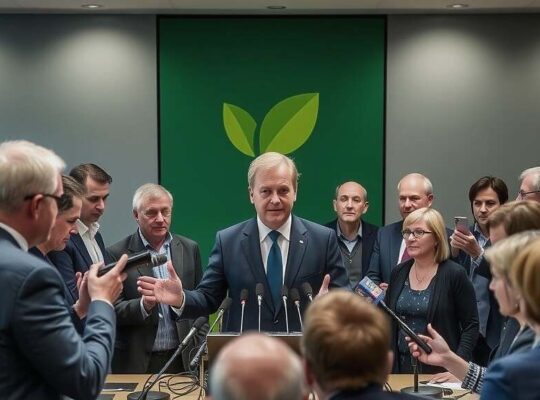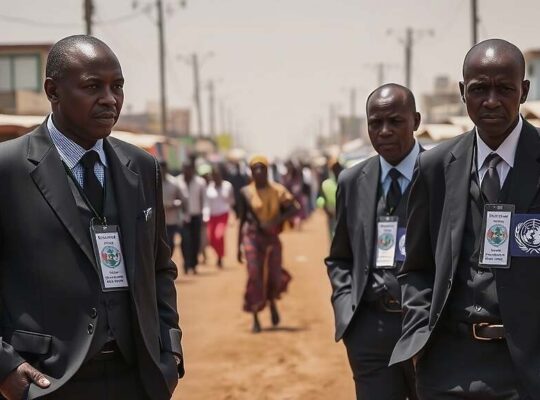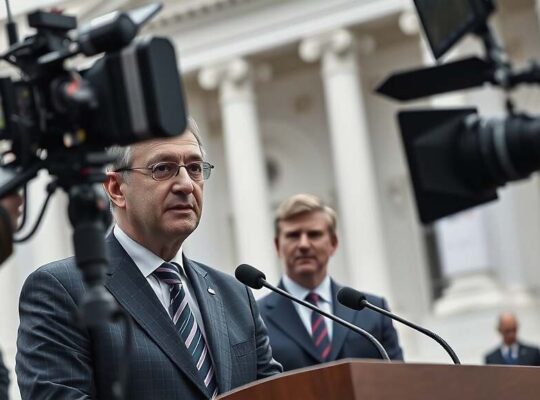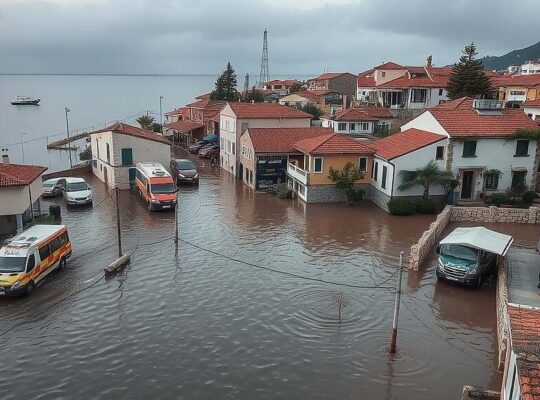Addressing the United Nations General Assembly on Tuesday, the U.S. President delivered a strongly worded statement that criticized the organization’s operations and questioned its effectiveness. The address included pointed remarks regarding migration, climate policy and the U.S.’s relationship with the UN.
The President asserted that the United Nations was contributing to “uncontrolled” migration flows, alleging that these flows were negatively impacting nations. He further claimed the organization was financing an assault on Western countries. Absent supporting evidence, the President stated he had concluded seven conflicts, noting a perceived lack of assistance from the UN in those situations. He also expressed frustration with technical difficulties during his presentation, referencing a malfunctioning teleprompter.
The remarks followed addresses from UN Secretary-General Antonio Guterres, the President of the General Assembly, Annalena Baerbock and Brazilian President Lula da Silva, all of whom advocated for increased climate action. In direct contrast to these calls, the U.S. President challenged the UN’s efforts to adhere to a 1.5-degree Celsius warming limit. He voiced concerns that Europe, specifically, was facing potential economic hardship due to a focus on “green energy agendas.
The President particularly singled out Germany, claiming the country had been “let down” regarding both immigration and energy policy. He suggested the nation’s pursuit of green initiatives had put it on the brink of financial ruin. He subsequently praised the current German leadership, suggesting a return to fossil fuels and the construction of new power plants would offer economic benefits.
The German government officially maintains its commitment to existing climate targets, having been legally obligated by the Federal Constitutional Court in 2021 to adhere to a German CO2 budget. The effectiveness of recently announced energy sector measures, including the prospective construction of natural gas power plants spearheaded by Minister for Economic Affairs Katherina Reiche, in achieving these goals is currently being questioned by experts and environmental advocacy groups.


